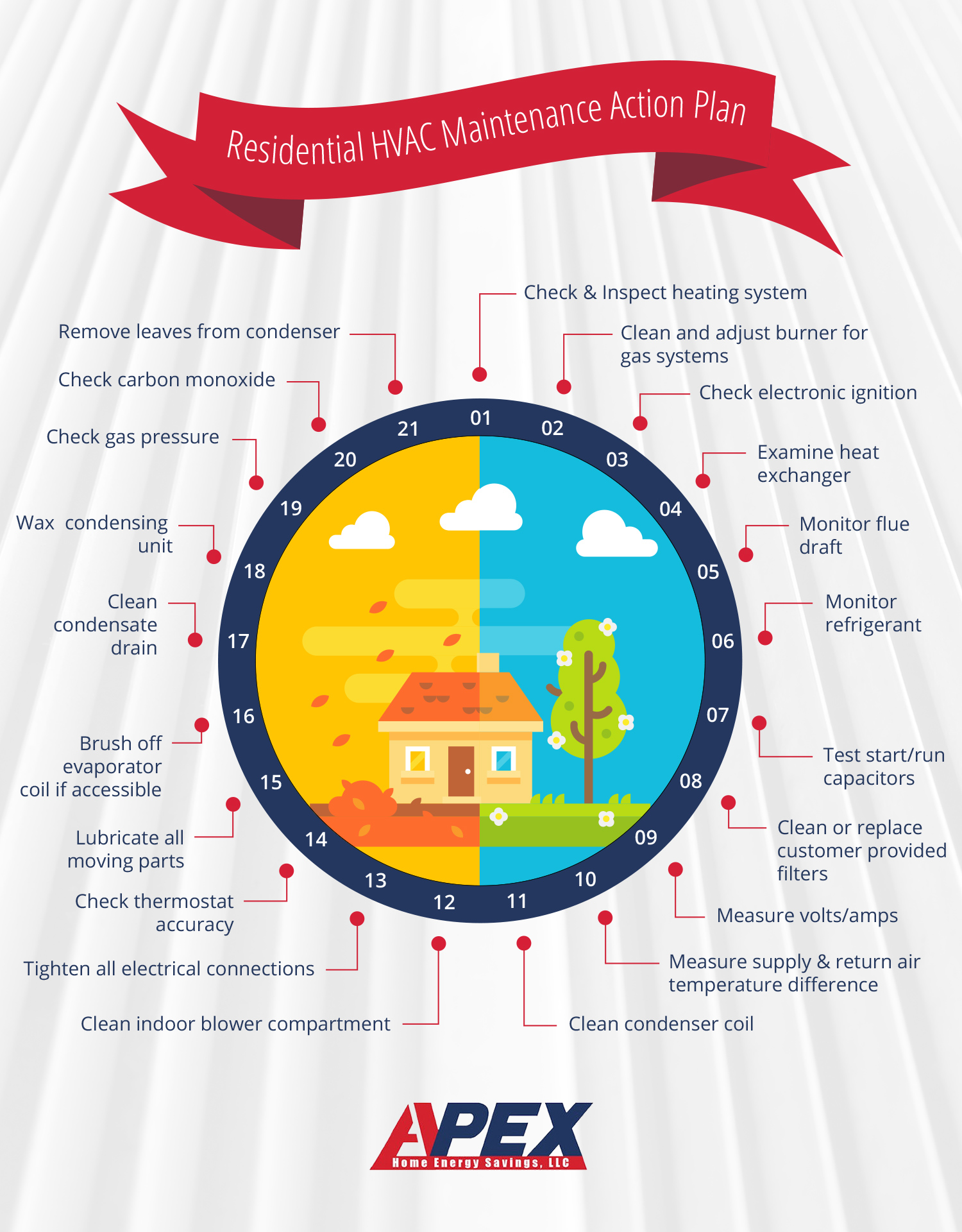The Future Of Home Heating - Exactly How Heatpump Modern Technology Is Developing
The Future Of Home Heating - Exactly How Heatpump Modern Technology Is Developing
Blog Article
Post By-Fraser McCormick
Heatpump will certainly be a vital innovation for decarbonising home heating. In a situation regular with federal governments' announced energy and environment dedications, their international capability increases by 2030, while their share in home heating rises to one-quarter.
They function best in well-insulated homes and rely on electricity, which can be supplied from a sustainable power grid. Technological breakthroughs are making them more effective, smarter and less expensive.
Fuel Cells
Heatpump use a compressor, cooling agent, coils and followers to move the air and warmth in homes and home appliances. They can be powered by solar power or electricity from the grid. They have been acquiring popularity because of their low cost, silent operation and the ability to produce power throughout peak power demand.
https://modernrestaurantmanagement.com/hvac-technologies-to-make-indoor-dining-safer-in-the-covid-19-era/ , like IdaTech and BG MicroGen, are servicing gas cells for home heating. These microgenerators can change a gas central heating boiler and produce a few of a house's electrical requirements with a connection to the electricity grid for the rest.
But there are factors to be skeptical of using hydrogen for home heating, Rosenow states. It would certainly be costly and ineffective contrasted to various other innovations, and it would contribute to carbon exhausts.
Smart and Connected Technologies
Smart home technology allows property owners to connect and regulate their tools remotely with the use of smart device applications. For example, wise thermostats can learn your heating preferences and instantly adjust to optimize power consumption. Smart lighting systems can be managed with voice commands and instantly switch off lights when you leave the area, minimizing power waste. And smart plugs can keep an eye on and handle your electric usage, enabling you to recognize and limit energy-hungry appliances.
The tech-savvy family shown in Carina's meeting is a great picture of exactly how owners reconfigure area home heating techniques in the light of new clever home modern technologies. They count on the gadgets' computerized functions to perform everyday modifications and regard them as a convenient ways of conducting their heating methods. As such, they see no factor to adjust their methods further in order to allow flexibility in their home energy demand, and treatments focusing on doing so may deal with resistance from these homes.
Electrical power
Because heating up homes make up 13% people emissions, a switch to cleaner options might make a big difference. But the modern technology faces difficulties: It's expensive and needs considerable home improvements. And it's not always suitable with renewable resource resources, such as solar and wind.
Up until just recently, electric heat pumps were as well pricey to take on gas designs in many markets. But new developments in design and materials are making them much more inexpensive. And much better cool climate performance is allowing them to function well also in subzero temperatures.
The next action in decarbonising heating might be the use of warm networks, which attract warmth from a central resource, such as a nearby river or sea inlet, and distribute it to a network of homes or structures. That would certainly reduce carbon exhausts and permit households to benefit from renewable resource, such as green power from a grid supplied by renewables. This alternative would be less costly than switching over to hydrogen, a nonrenewable fuel source that requires new infrastructure and would just decrease carbon dioxide discharges by 5 percent if paired with boosted home insulation.
Renewable resource
As electrical energy rates drop, we're beginning to see the same fad in home heating that has driven electric autos into the mainstream-- however at an even much faster pace. The strong environment instance for impressive homes has actually been pushed even more by brand-new study.
https://franciscocozkx.wssblogs.com/29357879/are-heat-pumps-one-of-the-most-effective-cooling-and-heating-option-for-your-home-a-relative-evaluation represent a significant share of contemporary warm intake, yet have actually been provided restricted policy interest around the world contrasted to various other end-use markets-- and even much less attention than power has. In part, this reflects a mix of consumer inertia, split incentives and, in lots of countries, aids for nonrenewable fuel sources.
New technologies might make the shift much easier. For example, heat pumps can be made much more power efficient by changing old R-22 refrigerants with new ones that do not have the high GWPs of their precursors. Some professionals also envision area systems that attract heat from a neighboring river or sea inlet, like a Norwegian fjord. The warm water can after that be utilized for cooling and heating in an area.